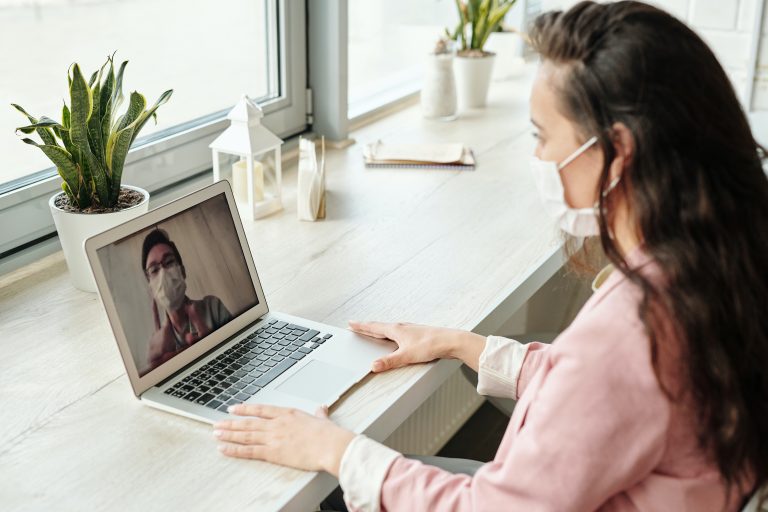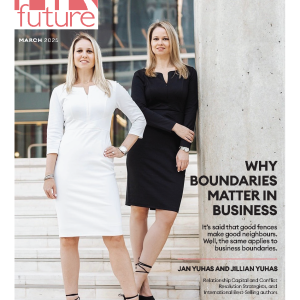Covid-19 has changed ways of working, with more outcome based deliverables required, being constantly available and demonstrating one’s value during the current pressures.
With the added stress from the current economic climate, what should South African employers be doing to ensure the health and wellness of their employees?
There are a number of change management requirements to safely steer your team during these times. The aim of any health and wellness strategy is to create a more productive workforce by offering wellness programmes to its clients, often measured by absenteeism rates, presenteeism factors, illness and productivity in the workplace.
Due to the pandemic, organisations are going through three phases: Respond, Recover and Reset. Currently they are in the recovery phase, however with prolonged uncertainty it is hard to find acceptance or meaning when we don’t have any idea when the prolonged uncertainty will end. Companies will have to reframe themselves, while taking employee’s mental health needs into account, as at present employees have a collision of many roles – worker, partner, caretaker, parent, child, friend, teacher, cook, CEO and CFO of our own lives.
In order to protect the mental health of the employees the following is recommended, remembering that communication and transparency is key:
- Providing information on the occupational health and safety measures that will be implemented on return to work.
- Sending out a survey to determine employees’ fears and concerns in relation to return to work.
- Communicating the plan/strategy to be implemented in the event that one of the team members contracts the virus.
- Reiterating the known clinical facts and advised precautionary measures, so as to also mitigate any stigma associated
- Communicate job changes such as rotational work, changing the clocking in system (as biometrics may no longer be an option); outcome based performance.
- Setting up and communicating a gradual return to work programme as the COVID levels change.
- Providing emotional support through available employee assistance programme interventions or arranging a once off session with a clinician.
Within organisations, the direct line manager is often ideally placed to identify any challenges employees may be experiencing. Absenteeism, presenteeism, changes in work performance, changes in attitudes are often directly experienced by the line manager. Training and equipping line managers within the organisation is recommended to assist in managing the mental health of the employees.
Managers must continuously check-in on staff – monthly meetings or weekly meetings should continue. Setting up one-on-one sessions with teams where feasible will provide a temperature gauge on their state of mind.
According to Alexander Forbes Health Management Solutions’ database, musculoskeletal injuries are one of the most commonly observed or workplace injury and are responsible for the largest amount of employee time lost from work due to injury.
As part of the solution to the pandemic working from home has been a feasible option for some employees. A few employers have allowed employees to take equipment such as chairs, monitors, lap top stands to be able to effectively work from home. Unfortunately, if the equipment is set up incorrectly, repeated poor posture can result in back aches, shoulder pain, wrist pain or headaches. These factors can negatively impact on an employee’s productivity.
Discomfort surveys can assist in identifying potential repetitive strain disorders that may be developing in the employees’ home environment. Employees should be provided with articles with information in relation to setting up of equipment available at home or using household items if equipment is not available, poster reminders of how to achieve and maintain neutral positioning and they must be allowed frequent short breaks away from the Employees workstation. Challenges where employees take pictures of their workstations and share with colleagues or remote ergonomic consultations are ways of mitigating risks associated with musculoskeletal injuries.
The new normal is an ongoing process design, but opening up clear and fear free channels of communication between management and employees as well as between employees and other employees may go a long way to developing better and more meaningful work interactions and inadvertently improve on mental health.
Myrna Sachs is the head of Alexander Forbes Health Management Solutions.

























